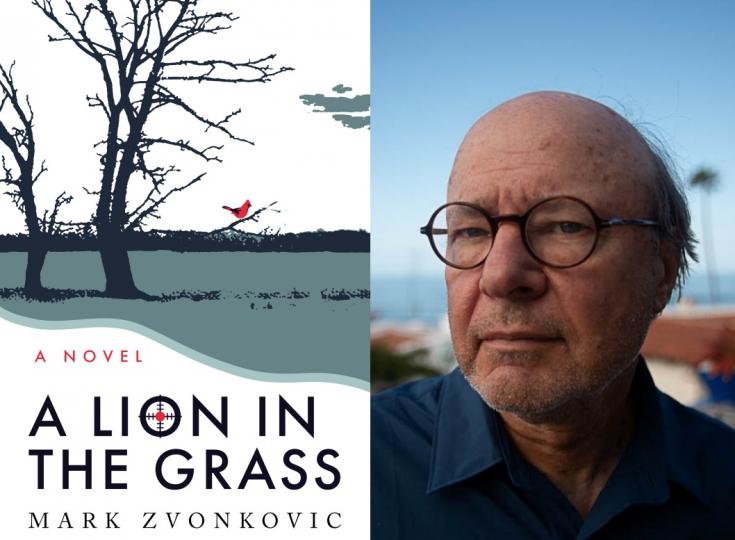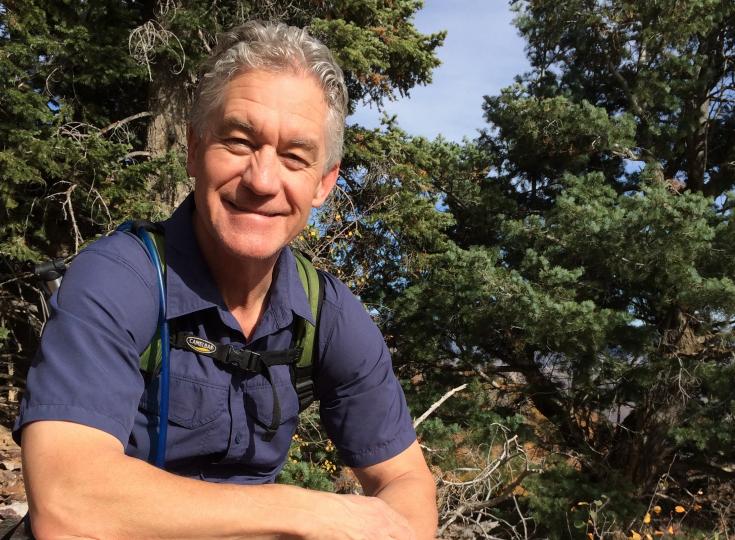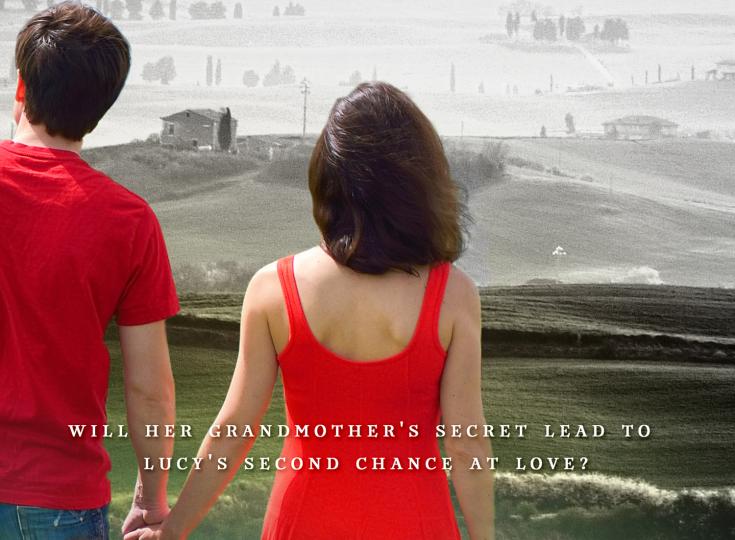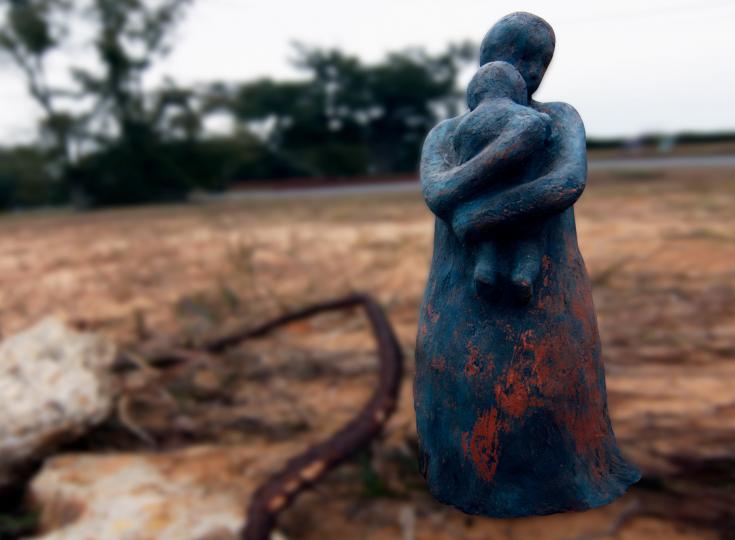Mark Zvonkovic - War, Spycraft, Love and Obsession

Mark Zvonkovic is a novelist and recovering lawyer who lives in Baja, California with his wife Nancy and their two dogs, Finn and Cooper. When he's not writing, he and his dogs watch pelicans fly. As our Author of the Day, Zvonkovic tells us all about his book, A Lion in the Grass.
Please give us a short introduction to what A Lion in the Grass is about.
Set over the course of six decades, A Lion in the Grass documents the despair and hope of a spy, Raymond Hatcher, who suffers the murder of friends and enjoys the success of mentoring protégés. The novel digs deeply into questions of love, self-doubt and hatred, all foisted upon Raymond during a career from which, he discovers, it is impossible to retire.
What inspired you to write this book?
I love character driven stories and I love history. The novel was a way to explore how World War II affected our lives, both at the time it occurred and during the decades following.
Tell us more about Raymond. What makes him tick?
Raymond was born in 1925. His father was an aide to Robert Lansing, the Secretary of State during World War I, and thereafter a career foreign service office in Europe. Raymond was exceptionally intelligent. He graduated from college at eighteen and joined the Navy in 1943, seconded to the Office of Strategic Services, and serving in the Pacific theater. He spent the rest of his life in the government intelligence sectors until he died at age ninety. His life was more dramatic than most lives. During his lifetime he affected many people in various ways. Some he killed. But many more he befriended and a few he mentored.
Why did you decide to write this story over six decades?
The story is about one life that affects many other lives. Raymond was a much different man when he died than he was at seventeen sitting in the café in St. Paul. It took six decades to show that.
Besides writing, what other secret skills do you have?
I don’t know if it’s secret, but I am a keen observer of what happens around me, both the places I go and the people I come across. And I’m not too bad a photographer and a bird watcher.
How has your work as a lawyer influenced your writing?
It was actually recovering from being a lawyer that most influenced my writing. As a lawyer, what I wrote was meant to be precise and grammatical. Living isn’t that way, and, accordingly, neither is writing fiction. I suppose that in order to do one thing, you have to know how to do the opposite.
Your novel explores deep themes like love, self-doubt, and hatred. Why did you take this approach?
My novel is about people. If you are to know a person, you have to explore these themes. They’re in all of us. A person’s life is more than a plot line.
How much research did this require from you to make the history-part ring true?
An enormous amount, perhaps two years in addition to books I’d already read. There are many substantial texts about World War II and Vietnam. And there are many writings that are difficult to find, particularly presentations given to adventure clubs by former OSS officers. And then there are some excellent historical novels about the war years. And I talked to many people who served in the armed services and the CIA.
In which way is A Lion in the Grass different from your regular run-of-the-mill espionage stories?
The plot and action in the novel are secondary to the characters. Their lives and interpersonal relationships are what illustrate the historic events depicted, and how those events affected future generations.
Readers found your characters very relatable. How did you pull this off?
I’m not sure really. I thought about them much more than I thought about the plot. And I tried to put myself in the times and places they experienced.
Do you have a favorite line from the book, and can you explain what that line means to you?
That’s a hard question because many lines are meant for particular circumstances and don’t necessarily have meaning outside of the context in which they’re written. Of course, I particularly like the line where Raymond is thinking about hunting a lion: “If you didn’t have a clean shot and you only wounded the lion, the lion would hide on his belly in tall grass, patiently harness his rage, and wait for an opportunity to charge.” Raymond was wounded in an emotional sense many times in his life, and this line rings true as to how he reacted in those times.
Talk to us about your writing routine; what’s a typical writing day for you?
I don’t really have a routine. I generally start in the morning by reading back through what I last wrote, and then proceeding. And I often spend some time laying down with a pillow over my head, imagining how a character will react. Of course, sometimes I fall asleep when I do this, which means what the character was doing wasn’t all that interesting.
What are you working on right now?
A Lion in the Grass is the first in a group of books I am calling The Raymond Hatcher Stories, which are about Raymond and all the people he interacted with during his lifetime. The second book is The Narrows, which will be published this November. I actually wrote that novel before A Lion in the Grass and recently finished rewriting it. It takes place during the 1970 and involves the descendant’s of Captain Bradley Wright from A Lion in the Grass. I have written a third novel that involves Jay Jackson, Raymond Hatcher’s protégé. It is with an editor now and won’t be published until next year.
Where can our readers discover more of your work or interact with you?
A reader can find me at www.markzvonkovic.com, where they can contact me and sign up on my mailing list. I write book reviews, and I have a review page for those on Midwest Book Review. I also have an author’s page on Goodreads and one on Facebook.




